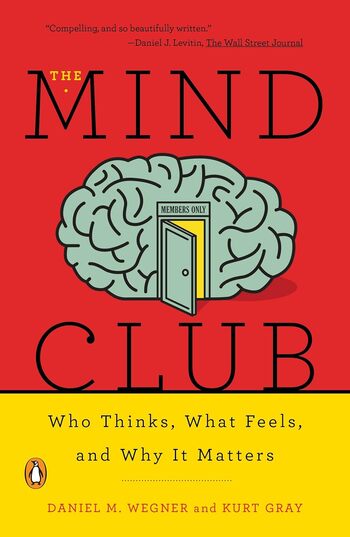
Aware by Daniel J. Siegel explores the profound impact of meditation on health, mindfulness, and cognitive ability, detailing the transformative Wheel of Awareness Meditation Practice.
Main Lessons
- Meditation boosts physical health by improving immune function and cardiovascular health.
- Regular meditative practice enhances cognitive abilities, including problem-solving and adaptability.
- Mindfulness, a meditation form, fosters self-regulation and improved responses to life’s challenges.
- The Wheel of Awareness Meditation Practice helps individuals regulate attention and focus.
- Three pillars of mindfulness are focusing attention, open awareness, and maintaining intention.
- Mindful practices can enhance compassion, leading to better mental health and community bonds.
- Our brain develops to serve the body, not control it; mindfulness aids in appreciating this connection.
- Meditation harmonizes brain functions, reducing self-obsession and social anxieties.
- Compassion involves actively alleviating others’ suffering, beyond mere empathy.
- Focal attention versus non-focal attention highlights the importance of intentional mindfulness.
- Meditation helps break addiction cycles by distinguishing true needs from fleeting wants.
- Understanding how different brain parts contribute to mindfulness enhances self-awareness.
- The compassionate meditative approach can improve heart health and reduce stress.
- Meditation is a tool for overcoming addiction, providing clarity and increased self-awareness.








